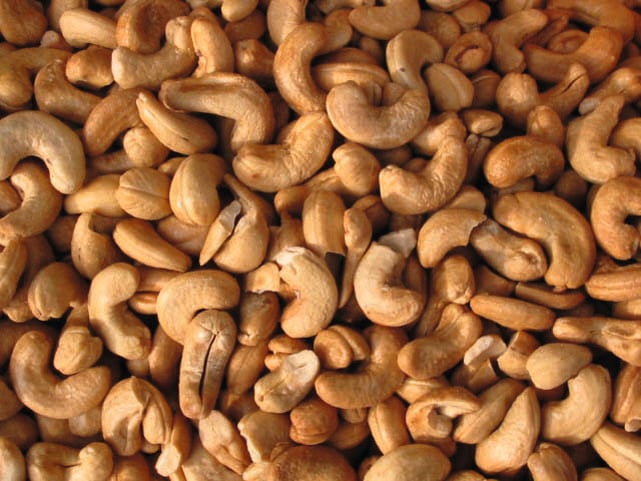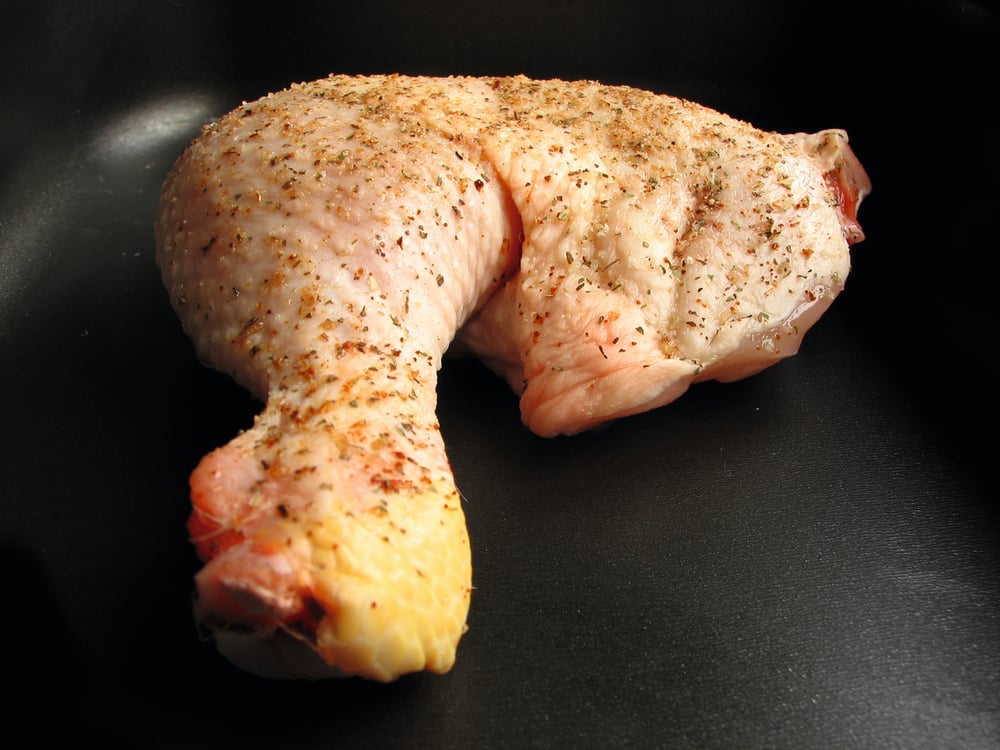
Issue 048
April 2009
Essential minerals are often overlooked by athletes who supplement their diet. While vitamins are generally widely understood, few can describe exactly what minerals are required for.
Minerals are important for day-to-day life, but if you’re training hard you will need to make sure you’re getting everything you need. The four minerals listed below, calcium, iron, magnesium, and zinc, are crucial for many bodily functions, such as the growth and production of bones, the replenishing and healthy circulation of blood, muscle contraction, and making sure your body can convert energy properly.
A lack of essential minerals can lead to all manner of diseases, but too much can be toxic. Most of the minerals we need come from the food we eat, but if you’re training hard and not eating as much fresh fruit as you should, then you may need to supplement your diet. A good multi-vitamin often has the minerals you need as well.
Frequently asked questions about minerals

1 Why do I need it?
Calcium
Everybody knows that calcium is essential for healthy bones, but it also keeps your muscles strong, your blood healthy and your nervous system working properly.
Iron
Iron is essential for everything from cell growth to the transport of oxygen around the body. An iron deficiency can lead to a weakened immune system as well as leaving you feeling fatigued.
Magnesium
Magnesium helps regulate your blood pressure and blood sugar levels and also keeps your heart rhythm steady, as well as supporting your immune system.
Zinc
Zinc is important for a healthy immune system and also for the body’s ability to heal wounds, as well as many other functions.

2 Where can you get it from?
Calcium
Dairy products such as yoghurt, milk, and cheese are good sources, but so are the green veggies broccoli and spinach.
Iron
Red meat, fish, and poultry are good for those who eat meat. Vegetarians should look to beans and lentils for their source of iron.
Magnesium
Nuts such as almonds, cashews, and peanuts are an excellent source of magnesium.
Zinc
Chicken and red meats are good sources of zinc.

3 How much should I take?
Calcium
Adults need at least 1000mg a day.
Iron
Adult men need 8mg a day, while women need 18mg a day.
Magnesium
Healthy adult males need at least 400mg a day.
Zinc
Adults need at least 10mg a day.
ALWAYS WANTED TO KNOW . . .
If I’m eating a healthy diet, do I still need to take supplementary mineral tablets?
Many experts will tell you that you don’t and if you are a sedate individual, then this may be true. Athletes are a different breed. We will train, over train, and then train some more. A good multi-vitamin / mineral is essential. Always use antioxidants too. Vitamin C, zinc, grapeseed extract, green tea, and selenium are all good options. Antioxidants are one of the most under-used tools in sports nutrition.
I take a multivitamin everyday – will it contain the minerals I need or do I need to get them from somewhere else?
The idea is to always eat well (plenty of fruit and vegetables), eat a variety of meat dishes, eggs, and slow-release-grains, then bolster with a good multi-vitamin / mineral.
Is there any kind of product that would take care of all my needs?
As an athlete I wanted to create a product that provided me with something different to the traditional products that are heavy on the cheap B vitamins and basic minerals, and low on antioxidants. With that in mind we created Catalyst, a multi-nutrient product that is heavy on the super antioxidants like R-ALA and NAC. Two capsules of Catalyst, along with a good diet, will do the job for serious athletes.
Should I use the minerals separately, or can I take them all in one go?
Using them altogether is fine.
Jason Rickaby of PhD Nutrition is a published author and champion natural body builder. For more info on PhD go to www.phd-supplements.com.
...









